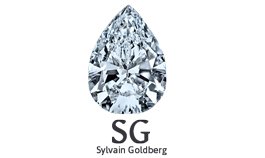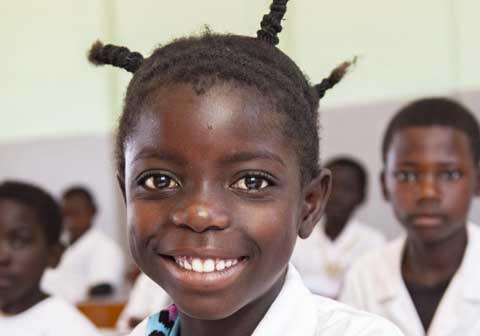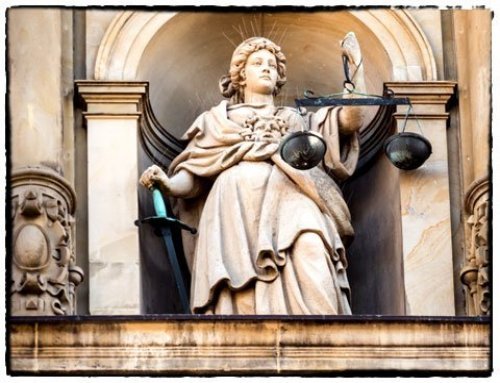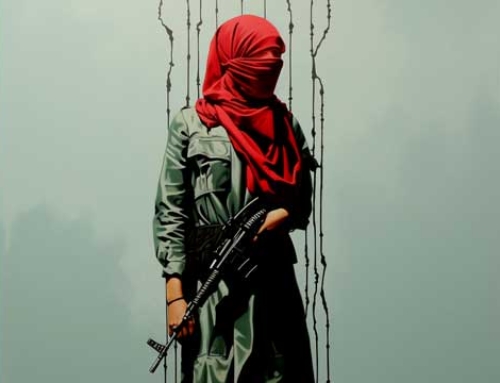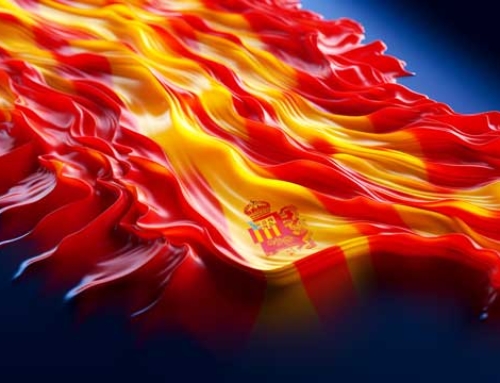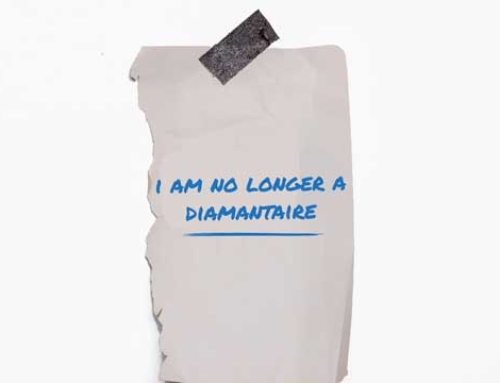Image: Catoca.com
Angola has seized a stake in the nation’s biggest diamond miner Catoca, giving it majority control of one of the world’s largest gem firms in a move that marks the waning influence of Chinese investors in the southern African nation.
Catoca owns the world’s fourth-largest diamond mine. Catoca’s owners include Russia’s Alrosa, the world’s biggest diamond miner and subject of US sanctions, Angolan state diamond company Endiama and until recently, LLI International.
“The attorney-general’s Office of the Republic of Angola blocked LLI’s participation in Catoca in 2021 and transferred control of this 18 per cent stake to the state body IGAPE,” which manages government shares in companies, Catoca said in a statement released this month. “Therefore, Angola holds 59% of the shares in Catoca.”
LLI International is a unit of China Sonangol, one of the most high-profile and well-connected Chinese investors in the country.
China Sonangol was the most prominent of the so-called Queensway Group of companies that was formerly centered on Sam Pa, a Chinese magnate who struck resource deals with some of Africa’s most repressive regimes. The company was established nearly two decades ago as a joint venture between a Queensway group company and Sonangol, Angola’s state oil firm.
With the takeover of the Catoca stake, “the government is trying to reassure investors that they are cleaning up the sector” and demonstrate its efforts to cut ties with China Sonangol, said Alex Vines, Africa program director at Chatham House and an Angola expert. “China Sonangol was linked to Angola’s ancien regime” and has fallen from favor under president João Lourenço, he added.
Pa’s dealmaking epitomised the heyday of China’s rise to influence in Africa, particularly his cultivation of the elite in Angola, which became Beijing’s biggest supplier of oil and its biggest borrower on the continent. The fall of investments previously connected to him has symbolised “a sense that the Angolans had got too close to China”, Vines said, adding that the relationship with Beijing remained important to Angola.
The whereabouts of Pa, who was detained in Beijing in 2015 in a corruption probe, are unknown and he could not be reached for comment. “We can state for the record that there is no current relationship with Mr Sam Pa,” China Sonangol said.
Neither Catoca nor the office of the Angolan attorney-general responded to questions about why the stake had been seized.
China Sonangol indicated it was pursuing the matter through the courts. “As we have appointed Angolan counsel to represent us in this matter and this matter is before the Angolan courts, we are unable to comment further on this,” China Sonangol said.
Lourenço has pledged to privatize state assets and tackle corruption in Africa’s second-biggest crude producer since he replaced José Eduardo dos Santos, the country’s former strongman, in 2017. His ruling MPLA, which faces elections in August, has been under pressure to diversify the economy away from oil. Under dos Santos’s rule, Chinese companies invested in Angolan roads, airports and infrastructure projects and oil blocks.
Angola has been “investing heavily in improving their image” as a diamond producer, said Hans Merket, a natural resources researcher at the International Peace Information Service. “All of the big players are looking at how they can get back to become active in Angola,” he said, adding there were risks to this strategy given Alrosa’s involvement.
The US imposed sanctions on Alrosa in April as part of what it said was a “continued effort to restrict the Kremlin’s access to assets, resources, and sectors of the economy that are essential to supplying and financing Vladimir Putin’s brutality”.
Catoca said it was not affected by the sanctions “because Alrosa does not directly participate in the management of the company, in terms of mining operations and sales management”. Under a so-called 50% rule, US sanctions apply to companies held by sanctioned owners only if they have majority control.
